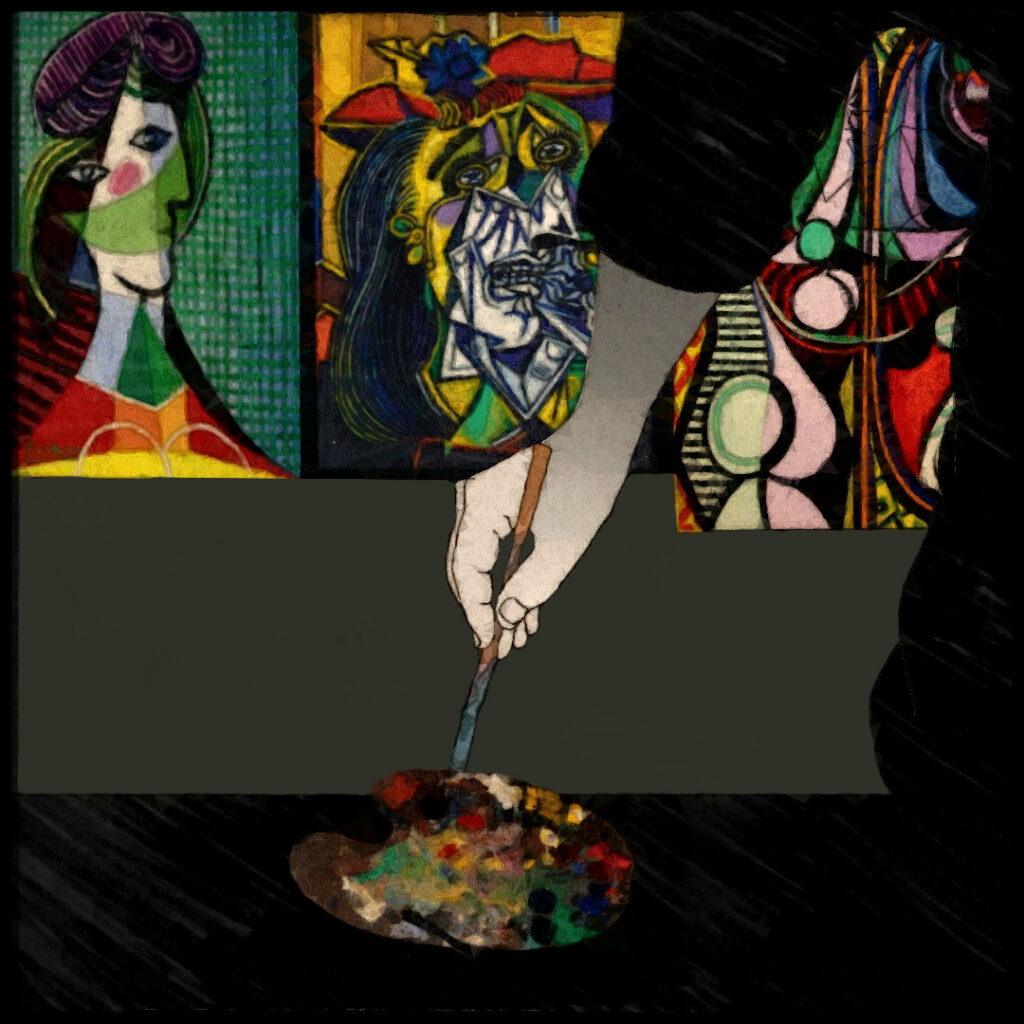
Far too often, people tend to judge art based on their perception of the artist at an individual level. For some artists, their past—the sorrows, struggles, and failures they’ve endured—adds a certain depth to the emotions they try to convey. For others with less than glorious track records, their past is often held against the art they create. But, if we were to take the artist’s reputation or past transgressions out of the equation, would we still hold the same initial opinion? If we remain unaware of the struggles of the artist as a person, would their art still communicate emotions just as effectively? In other words, should an artist’s personal life affect the way we perceive their work?
The world has a brilliant track record of letting people get away with things as long as they are successful. Artists and entertainers throughout history have done horrible things that were known to the public because they were popular.
There’s a chance that Michael Jackson was a pedophile but how can we just stop listening to the king of pop? Picasso, arguably the most influential painter ever, was an open misogynist, narcissist, and a terrible, terrible husband. He was a serial womaniser who was once quoted as saying “For me, there are only two kinds of women: goddesses and doormats.” His granddaughter Marina’s accounts of how he treated those close to him are chilling. Caravaggio is known to have murdered a man and was also an alleged pimp. Elvis was known to be particularly fond of underage girls. John Lennon was an absentee father and used to abuse his wife and children. The list of great artists who were terrible human beings goes on.
The question isn’t whether the artist must be let off the hook by virtue of the quality of art they create. They must absolutely face the music, no doubt. The question is whether their art should be punished.
At the core, artists are only human. They are as inherently flawed as any of us and are bound to mess up. And as much as the art they create is not apt justification for their actions—does it mean we should perceive it differently? The punishment often dealt out to artists accused of misconduct is a complete condemnation of their ‘tarnished’ works. Penalising the artist is only fair, but should their art suffer?
If we were to discard art because an artist had questionable morals, half our museums and galleries would be empty.
One way to look at it is that the artist is only a medium for art. Their actions in their respective lives have no bearing on the work they put out. Sure, they are heavily influenced by their surroundings and environments—but very often, the art and the artist as a person are mutually exclusive. An artist who treats women in his life poorly could put out art that is profoundly empowering to women. On the contrary, an artist with a good social standing could break all societal norms through their art. The morality of a piece must be judged based on the art alone.
Another perspective is that art imitates life and life imitates art. Let’s completely forget about the ‘mistakes’ made by an overwhelming number of artists over the years and look at something positive: Queen’s frontman Freddie Mercury. Sure, he is celebrated for being a rock music icon, for his innovations to music, his live performances, and his vocal abilities— but what else is he remembered for? Even though he never officially came out, he is celebrated as an LGBTQ+ icon today. He was the ultimate advocate for being oneself, unapologetically. When we think of Queen, we don’t just think of their music. We think of their personal lives too. These two facets of an artist aren’t mutually exclusive.
Why should, let’s say, a predator be treated differently just because it is uncomfortable for the society to see that their idols are flawed? When a perpetrator is allowed to go ahead with their life and their work is still as popular as it was, if not more, we create a vicious loop that makes it easier for artists to continue and keep making these ‘mistakes.’
Life is a long learning curve and no one is perfect. Everyone must be tried based on the severity of their crimes and every action should have repercussions, whether it be from the law, the public, or both. Not all artists are angels and that is not surprising. What is surprising is the sheer chance of making it out safely from a tricky spot if you are rich and famous.
Your favourite musician did something terrible. Do you still listen to their music? Or not? Think about it. Who benefits from either action? Does their music reflect their negative traits? Finally, what do you do? Well, you decide that.
Written by Swagat Sarkar and Sabarish Padmakumar for MTTN
Featured Image by Asher Elgin Rolls for MTTN

Leave a Reply
You must be logged in to post a comment.